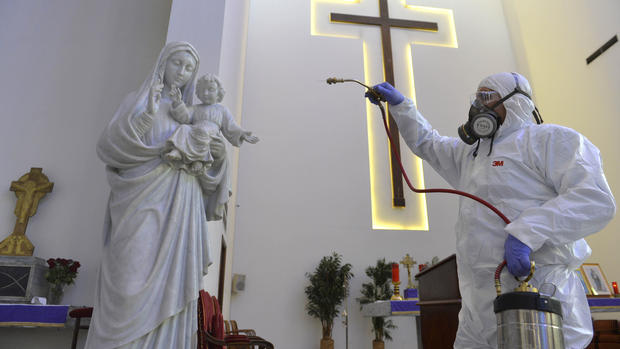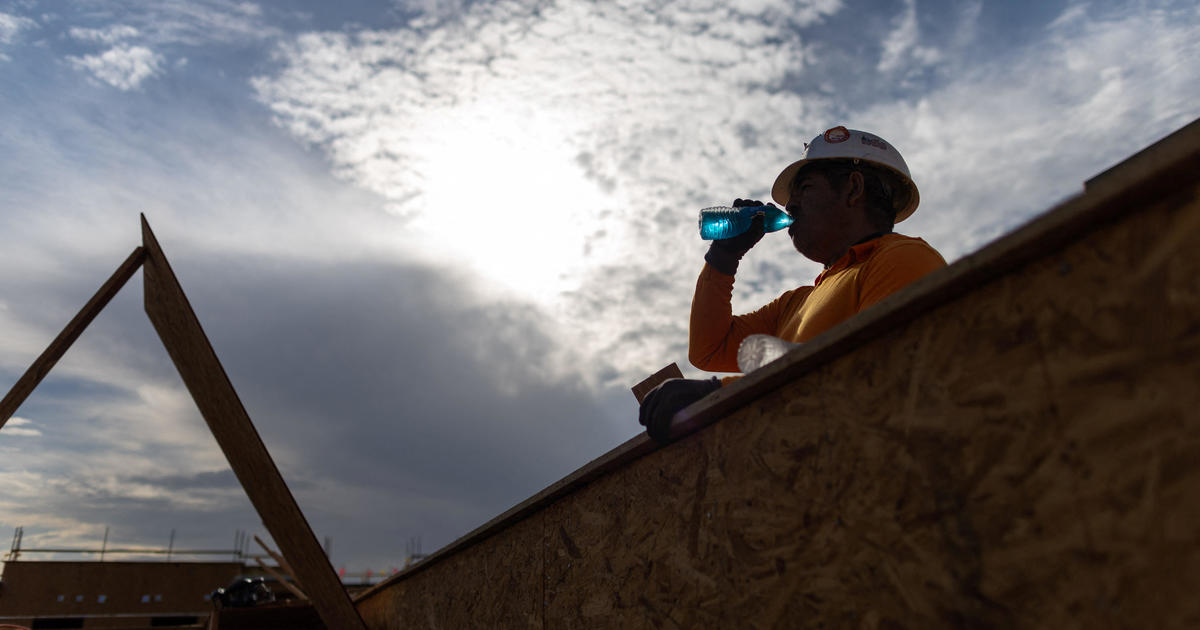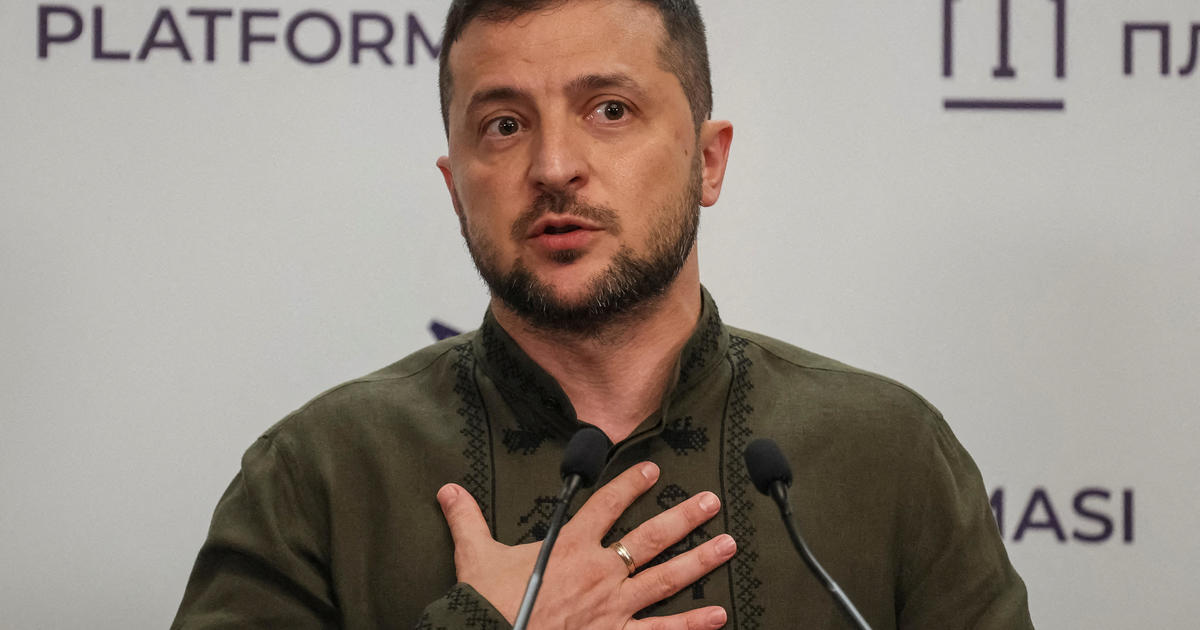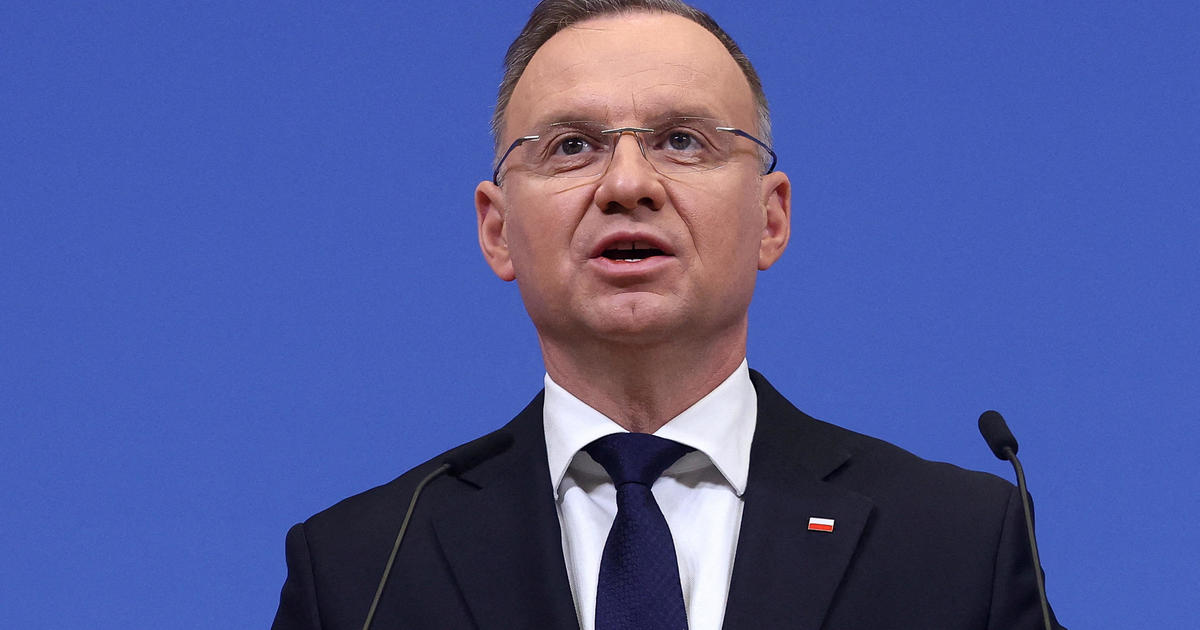Coronavirus expected to peak in world's poorest countries in months, UN says
A new report published Thursday by the United Nations' Office for the Coordination of Humanitarian Affairs said the "peak of coronavirus in the world's poorest countries is not expected until some point over the next three to six months."
The report is an update to the U.N.'s plan to deal with the pandemic, including the World Health Organization (WHO) and other humanitarian agencies.
The director-general of the WHO, Dr. Tedros Adhanom Ghebreyesus, on Thursday, spoke to the issues confronting international organizations in their response to the pandemic, namely that in some poor countries where testing is not widespread, there may be more cases than the numbers show.
"The caseload in most countries in the Global Humanitarian Response Plan may seem small, but we know that the surveillance, laboratory testing and health systems' capacity in these countries are weak," he said, adding, "it is therefore likely that there is undetected community transmission happening."
In an interview with CBS News on Thursday, U.N. Under-Secretary-General for Humanitarian Affairs Mark Lowcock said that the difficult circumstances of the pandemic could ultimately impact the U.S., Western Europe and other developed countries.
"What we're seeing now is that in many richer countries, the number of cases is falling and that's good as they get across the first peak of the epidemic. But the number of cases is growing quite fast now in Africa, in Asia — South Asia especially — and the poorer countries of Latin America and the Middle East," he said.
"And because the virus can get everywhere, if a number of cases grows in those countries, Europe and North America will not be saved from a further phase of the pandemic," Lowcock said.
"While the richer countries should, and are, spending 99% of their effort dealing with the challenge at home, the smartest strategy is to spend 1% of the effort trying to help contain it in these very, very poor, weak countries as well," the U.N.'s humanitarian coordinator said.
Lowcock said "there is already an economic calamity" and that the coronavirus crisis could worsen the situation, both medically and economically, for people across the globe.
The new U.N. report appeals to countries to step up financial contributions to the U.N. global response fund, in their own interest. Since the time that the U.N's response plan was first launched in late March, $1 billion in funding has been raised, but the humanitarian agency has now upped its appeal from $2 billion to $6.7 billion, based on the "dire" crisis around the world.
The funding aims to build on the programs that the U.N. has created to deal with the pandemic and the economic, educational and sanitation problems that are related: to create air bridges for medical cargo and staff where flights have been canceled; to ship personal protective equipment (PPE); to provide health staff training; to set up handwashing stations and distribute water supplies and install toilets; to provide temporary learning spaces for children out of school; and, to deliver life-saving food supplies.
"There is already evidence of incomes plummeting and jobs disappearing, food supplies falling and prices soaring, and children missing vaccinations and meals," the new U.N. report says.
The impact of the pandemic on refugee camps is also covered in the report, a result that as been "devastating," Filippo Grandi, U.N. High Commissioner for Refugees said at a press conference on the report on Thursday.
Abby Maxman, president & CEO of Oxfam America, said that local non-government organizations (NGOs) that work with the U.N. "are on the front lines of this crisis every day, and we are seeing that the most vulnerable among us are being hit the hardest.
To reporters, WHO's Health Emergencies Director Mike Ryan said, at the launch of the report: "It's not just the right thing to do, it's the smart thing."





